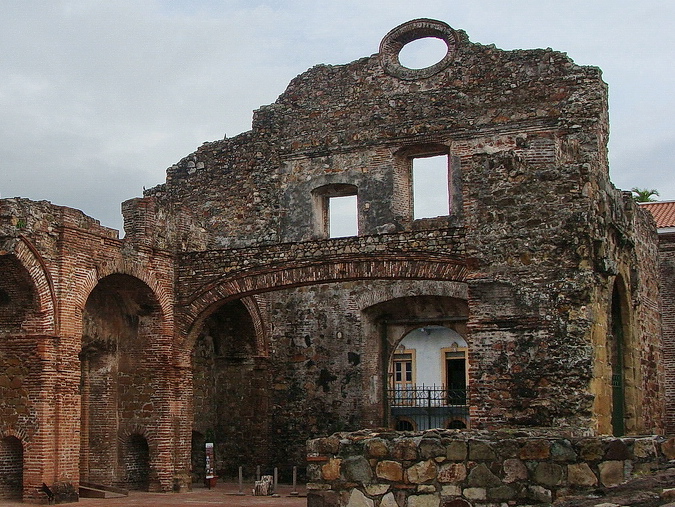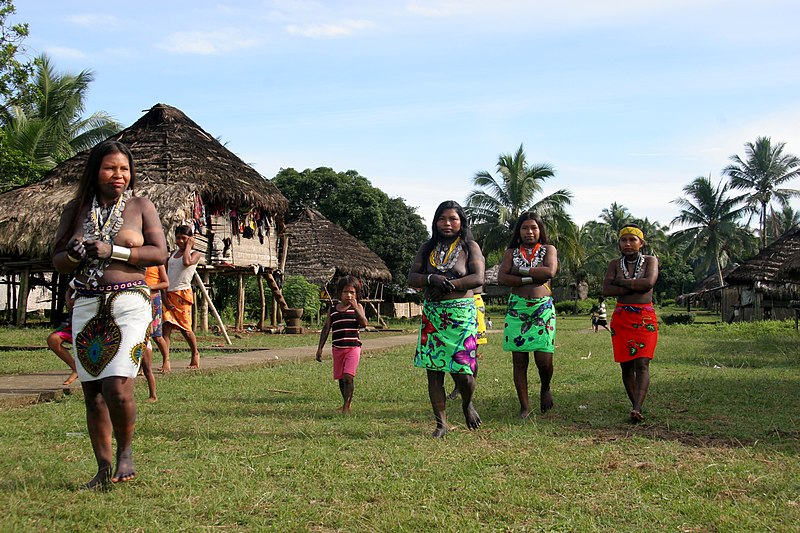Adopting from Panama
Contents
Hague Convention Information
Panama is party to the Hague Convention on Protection of Children and Co-operation in Respect of Intercountry Adoption ( Hague Adoption Convention ). Therefore, all intercountry adoptions between Panama and the United States must meet the requirements of the Convention and U.S. law implementing the Convention.
In order for an adoption application to meet the requirements of the Hague, a U.S. consular officer must review the case file and issue an "Article 5 Letter" to the Panamanian Central Authority before an adoption or grant of legal custody takes place. Therefore, prospective adoptive parents are cautioned to carefully follow in order the steps outlined in the "How to Adopt" Section below.
Currently, Panamanian laws also allow U.S. citizens who meet required eligibility requirements under Panamanian law to adopt under a "National" adoption process, which is a different process from the Hague intercountry process. Please note that any child adopted locally (i.e. outside the Hague Adoption Convention process described below) is not immediately eligible for an immigrant visa. Instead, the child must qualify for an immigrant visa as the child of the U.S. Citizen (IR-2). This visa category requires that the U.S. citizen adoptive parent fulfill a two year period of legal and physical custody in Panama prior to filing the petition for the visa to the United States. Additional information is available from U.S. Citizenship and Immigration Services ).
NOTE: Special transition provisions apply to adoptions initiated before April 1, 2008. Learn more .
Who Can Adopt
Residency
Age of Adopting Parents
Marriage
Income
Other
Who Can Be Adopted
How to Adopt
Adoption Authority
The Process
Traveling Abroad
Applying for Your U.S. Passport
A valid U.S. passport is required to enter and leave Panama. Only the U.S. Department of State has the authority to grant, issue, or verify U.S. passports. Getting or renewing a passport is easy. The Passport Application Wizard will help you determine which passport form you need, help you to complete the form online, estimate your payment, and generate the form for you to print-all in one place.
Obtaining Your Visa
In addition to a U.S. passport, you also need to obtain a visa. A visa is an official document issued by a foreign country that formally allows you to visit. Where required, visas are attached to your passport and allow you to enter a foreign nation. To find information about obtaining a visa for Panama, see the Department of State's Country Specific Information.
Staying Safe on Your Trip
Before you travel, it's always a good practice to investigate the local conditions, laws, political landscape, and culture of the country. The State Department is a good place to start. The Department of State provides Country Specific Information for every country of the world about various issues, including the health conditions, crime, unusual currency or entry requirements, and any areas of instability.
Staying in Touch on Your Trip
When traveling during the adoption process, we encourage you to register your trip with the Department of State. Travel registration makes it possible to contact you if necessary. Whether there's a family emergency in the United States, or a crisis in Panama, registration assists the U.S. Embassy or Consulate in reaching you. Registration is free and can be done online.
After Adoption
What resources are available to assist families after the adoption?
Many adoptive parents find it important to find support after the adoption. Take advantage of all the resources available to your family -- whether it's another adoptive family, a support group, an advocacy organization, or your religious or community services.
Here are some good places to start your support group search:
Child Welfare Information Gateway
North American Council on Adoptable Children
Adoption Services Support Group for Adopting Persons
SOURCE
Intercountry Adoption, Bureau of Consular Affairs. U.S. Department of State Country Information









